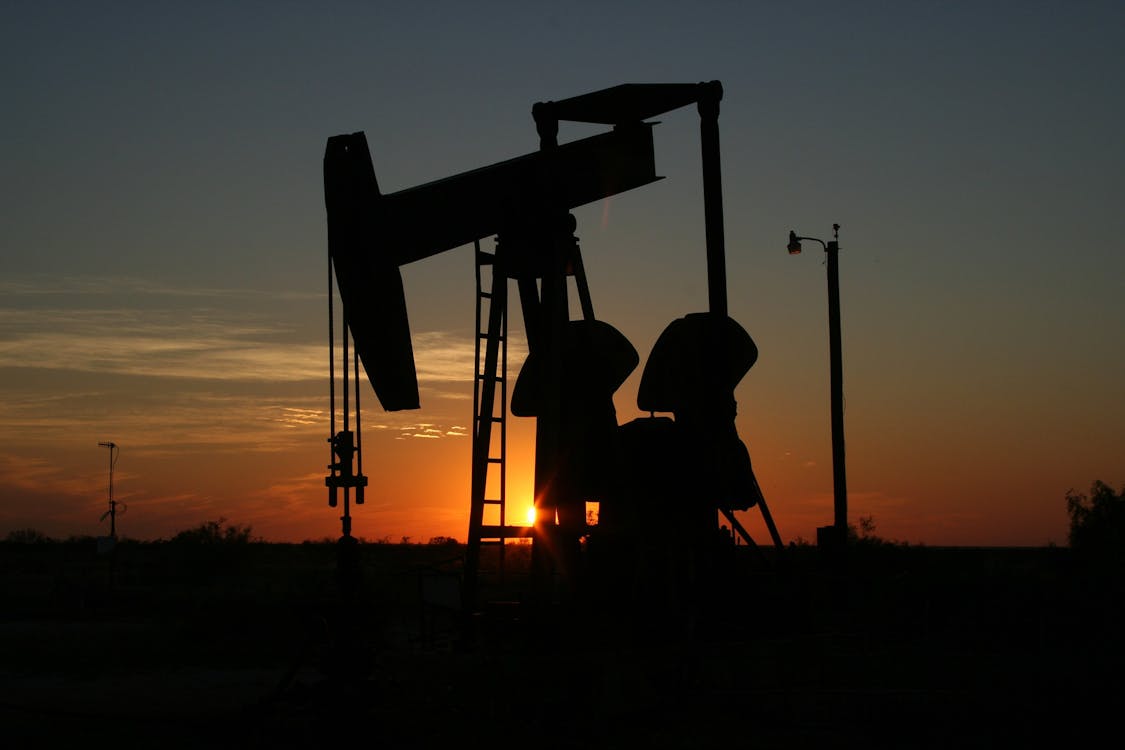
1. What’s causing the problem with oil and gas bottle necks?
Oil and natural gas production has dramatically increased in the United States over the past 10 years, and is forecast to continue expanding for the foreseeable future. Increased production, however, has at times resulted in “bottlenecks” where the pipeline and related infrastructure do not have sufficient capacity to deliver the excess volumes of oil and natural gas to their ultimate destination. While expected to ease somewhat as new pipeline systems come online later in 2019, capacity constraints have been a prominent issue in the Permian, and represent ongoing challenges in most active basins.
2. How should the problem be addressed?
New “greenfield” pipelines present their own challenges. Like most large infrastructure projects, pipelines require a significant capital investment, and dedication of time and expertise to manage the web of legal and regulatory issues presented. To address these challenges, many energy companies turn to a joint venture structure for development and construction of new pipeline systems. Sometimes the joint venture is used to spread financial risk by bringing in private equity or other sources of capital. In other instances, a joint venture leverages technical expertise of the parties.
3. Are there any quick fixes for oil & gas bottlenecks?
Trucking and rail can be useful in some scenarios, but pipelines are often the most effective mode of transportation to deliver large volumes of oil, gas or liquids to their ultimate destination. However, simply building new pipelines isn’t the only alternative. To address capacity constraints, some energy companies have looked to reconfiguring existing pipelines to transport oil as opposed to gas. Another way to mitigate “greenfield” challenges is to expand existing pipelines. While expansion projects still require significant capital outlay, they leverage existing rights of way and other existing infrastructure. Although not a “quick fix,” pipeline expansion and reconfiguring can offer effective and efficient solutions.
Greg Hill is a partner at the Hogan Lovells’ Houston office and has represented clients engaged in a broad range of industries including diversified industrial services and petrochemical across 20 years.
Hill’s primary focus is now on the midstream sector, pipeline systems, processing and storage. He recently shared his thoughts about potential challenges the oil and gas industry could face in 2019.
Photo as published in Pexels



